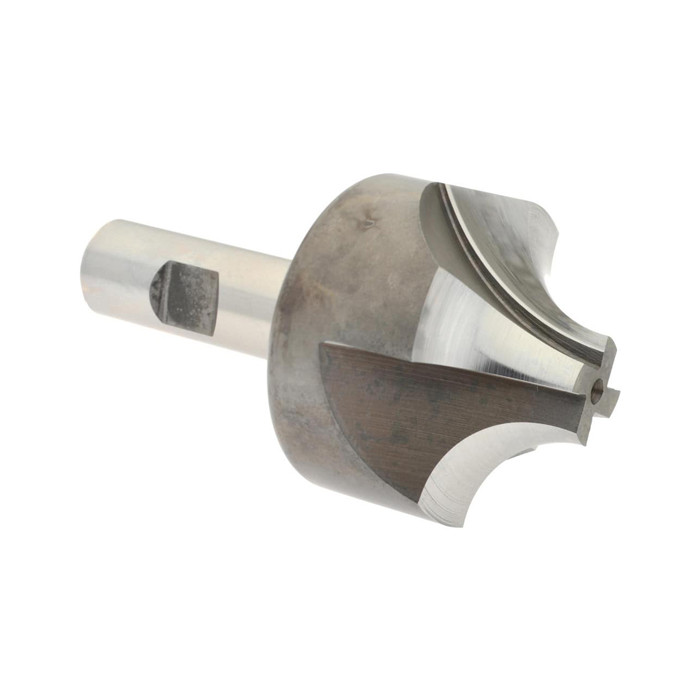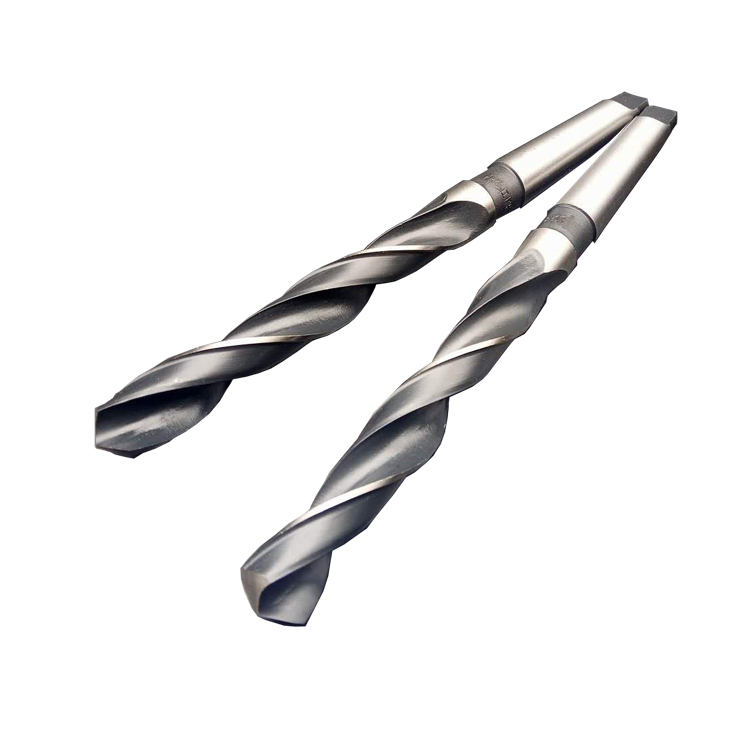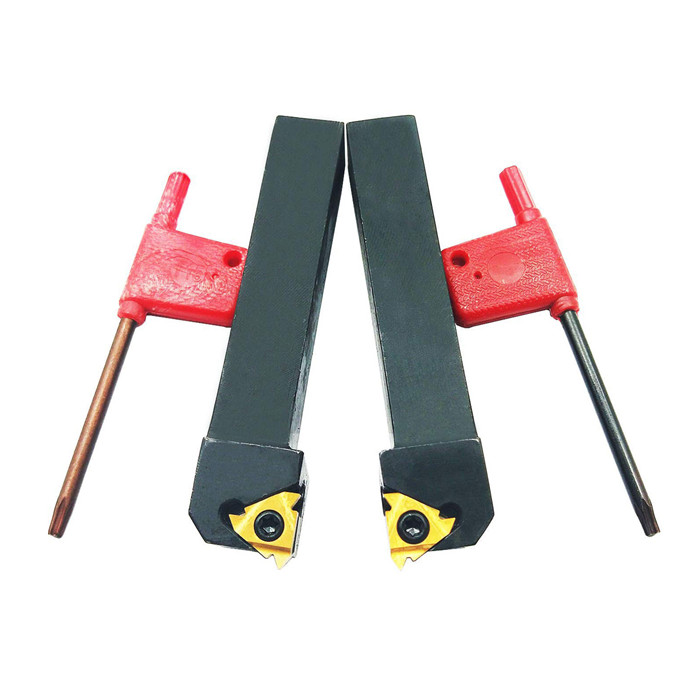milling chuck set Supplier
Choosing the right milling chuck set supplier is crucial for precision machining. This guide explores the key factors to consider when selecting a supplier, including product quality, range, pricing, customer support, and reputation. Learn how to find a supplier that meets your specific needs and ensures optimal performance and longevity of your milling chuck set.
Understanding Milling Chuck Sets
Milling chuck sets are essential for holding cutting tools securely in milling machines. They come in various types, each designed for specific applications and tool sizes. The quality of a milling chuck set directly impacts the accuracy and efficiency of the milling process.
Types of Milling Chucks
- ER Collet Chucks: Versatile and widely used, offering good concentricity and clamping force.
- DA Collet Chucks: Similar to ER chucks but with a slightly different collet design.
- End Mill Holders: Specifically designed for holding end mills, providing high rigidity.
- Shell Mill Holders: Used for mounting shell mills, typically larger diameter cutters.
- Hydraulic Chucks: Offer excellent vibration damping and high precision.
- Shrink Fit Chucks: Provide exceptional concentricity and clamping force through thermal expansion and contraction.
Key Considerations When Choosing a Milling Chuck Set Supplier
Selecting the right milling chuck set supplier involves careful evaluation of several factors.
Product Quality and Precision
The quality of the milling chuck set is paramount. Look for suppliers that offer chucks made from high-quality materials and manufactured to tight tolerances. Check for certifications such as ISO 9001, which indicates a commitment to quality management. High-precision chucks improve machining accuracy and reduce tool wear.
Range of Products
A good supplier should offer a wide range of milling chuck sets to suit different machine types, tool sizes, and applications. This includes various collet sizes (ER8, ER11, ER16, ER20, ER25, ER32, ER40, ER50), end mill holders, shell mill holders, and specialized chucks like hydraulic and shrink-fit chucks. Having a comprehensive selection allows you to source all your chucking needs from one supplier.
Pricing and Value
While price is a factor, it shouldn't be the sole determinant. Consider the overall value, including quality, durability, and performance. Compare prices from different suppliers and ensure you understand what's included, such as collets, wrenches, and other accessories. Sometimes paying a bit more upfront for a higher-quality milling chuck set can save you money in the long run due to reduced tool breakage and improved surface finish.
Customer Support and Technical Expertise
Choose a supplier that offers excellent customer support and technical expertise. They should be able to answer your questions, provide technical specifications, and help you select the right milling chuck set for your application. Look for suppliers with knowledgeable sales engineers who understand the intricacies of milling operations. A supplier like Wayleading Tools, a leading milling chuck set supplier, can offer personalized support to optimize your machining processes.
Reputation and Reviews
Research the supplier's reputation by reading online reviews and checking for customer testimonials. A supplier with a proven track record of providing high-quality products and excellent service is a reliable choice. Consider asking for references from other customers in your industry.
Delivery and Availability
Ensure the supplier has reliable delivery and can meet your deadlines. Check their inventory levels and lead times to avoid delays in your production schedule. Some suppliers offer expedited shipping options for urgent orders.
Top Milling Chuck Set Suppliers: What to Look For
Identifying the best milling chuck set suppliers requires careful evaluation. Here's what to look for:
Experience and Expertise
Suppliers with extensive experience in the tooling industry are more likely to understand your needs and offer the best solutions. Look for suppliers that have been in business for several years and have a team of experienced engineers and technicians.
Certifications and Standards
Check if the supplier adheres to relevant industry standards and certifications, such as ISO 9001, ISO 14001, and OHSAS 18001. These certifications demonstrate a commitment to quality, environmental management, and occupational health and safety.
Customization Options
If you have specific requirements, choose a supplier that offers customization options. This may include custom collet sizes, special coatings, or modified chuck designs. Customization can help you optimize your milling processes for unique applications.
Maintaining Your Milling Chuck Set for Optimal Performance
Proper maintenance is essential to ensure the longevity and performance of your milling chuck set.
Cleaning and Lubrication
Regularly clean your chucks and collets to remove chips, dirt, and coolant residue. Use a mild solvent or cleaning solution specifically designed for machine tools. Lubricate the chuck threads and collet surfaces with a light oil or grease to prevent corrosion and ensure smooth operation.
Inspection and Replacement
Inspect your chucks and collets regularly for signs of wear, damage, or corrosion. Replace worn or damaged parts promptly to maintain accuracy and prevent tool slippage. Replace collets after a certain period of use, typically after several months of regular use, depending on the intensity of the application.
Proper Storage
Store your milling chuck sets in a clean, dry environment to prevent corrosion and damage. Use a storage case or rack to protect the chucks and collets from dust and moisture.
Troubleshooting Common Milling Chuck Issues
Even with proper maintenance, you may encounter some common issues with your milling chuck set.
Tool Slippage
Tool slippage can be caused by worn collets, insufficient clamping force, or contamination of the chuck and collet surfaces. Clean the chuck and collet, tighten the clamping nut to the recommended torque, and replace worn collets.
Vibration
Excessive vibration can be caused by unbalanced tools, loose chucks, or worn bearings. Balance your tools, ensure the chuck is securely mounted, and inspect the machine bearings for wear.
Poor Surface Finish
A poor surface finish can be caused by excessive vibration, tool runout, or worn cutting tools. Address the vibration issues, ensure the tool is properly aligned, and replace worn cutting tools.
Conclusion
Selecting the right milling chuck set supplier is a critical decision that can significantly impact the quality, efficiency, and cost-effectiveness of your milling operations. By considering the factors outlined in this guide, you can find a supplier that meets your specific needs and helps you achieve optimal results. Remember to prioritize quality, range, pricing, customer support, and reputation when making your selection. And don't forget the importance of proper maintenance to maximize the lifespan and performance of your milling chuck set. Partnering with a reliable milling chuck set supplier like Wayleading Tools can ensure you have access to high-quality tools and expert support to optimize your machining processes.
Disclaimer: This article provides general information and should not be considered professional advice. Always consult with a qualified engineer or machinist for specific recommendations regarding your application.
Related products
Related products
Best selling products
Best selling products-
 Precision 2pcs Angle Blocks Set With High Quality Type
Precision 2pcs Angle Blocks Set With High Quality Type -
 Precision V Block And Clamps Set With Industry Type
Precision V Block And Clamps Set With Industry Type -
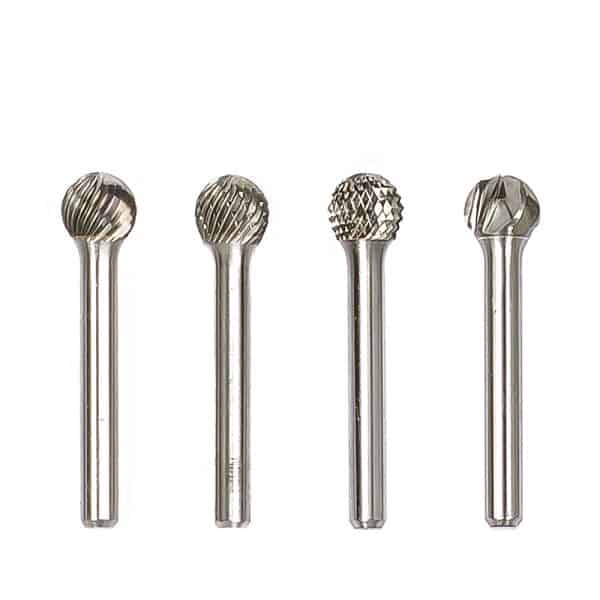 Type D Ball Tungsten Carbide Rotary Burr
Type D Ball Tungsten Carbide Rotary Burr -
 Type A Cylinder Tungsten Carbide Rotary Burr
Type A Cylinder Tungsten Carbide Rotary Burr -
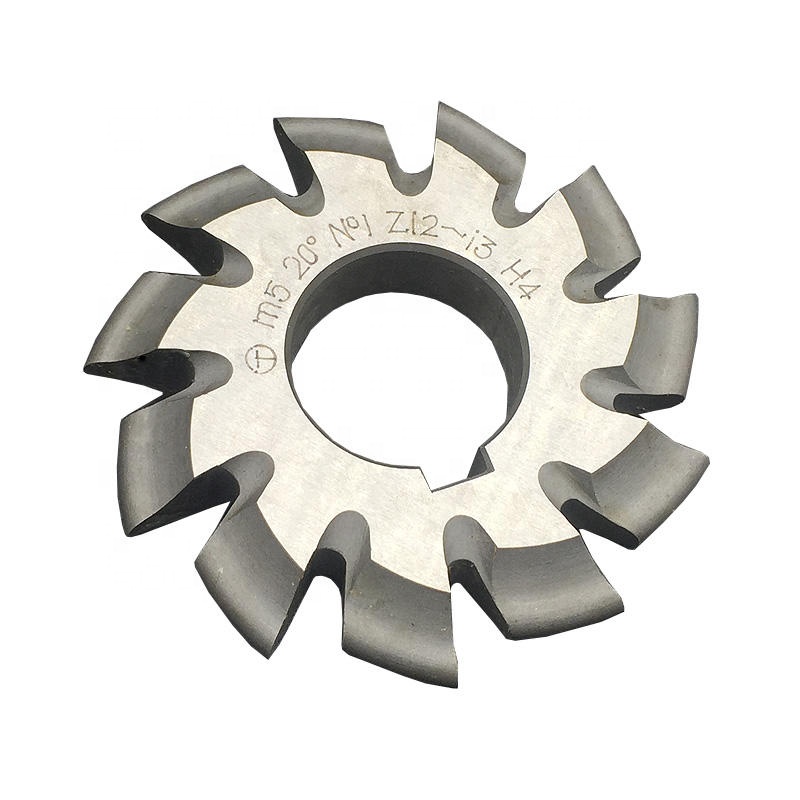 HSS Module Involute Gear Cutters With PA20 And PA14-1/2
HSS Module Involute Gear Cutters With PA20 And PA14-1/2 -
 Precision Monoblock Fine-Adjustment Vernier Caliper Of Metric & Imperial For Industrial
Precision Monoblock Fine-Adjustment Vernier Caliper Of Metric & Imperial For Industrial -
 Precision Expanding Mandrel From 9/16″ to 3-3/4″
Precision Expanding Mandrel From 9/16″ to 3-3/4″ -
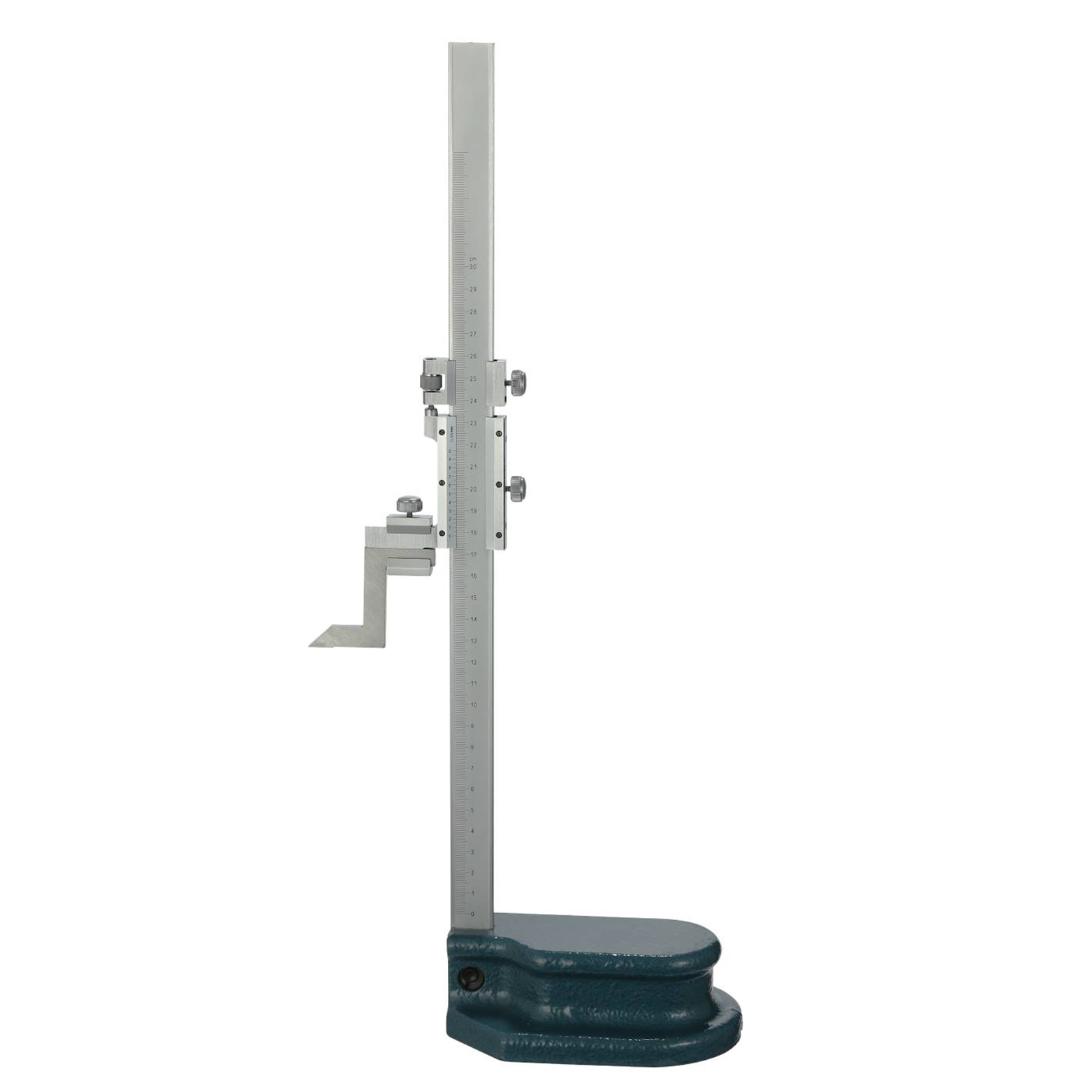 Vernier Height Gauge For Industrial
Vernier Height Gauge For Industrial -
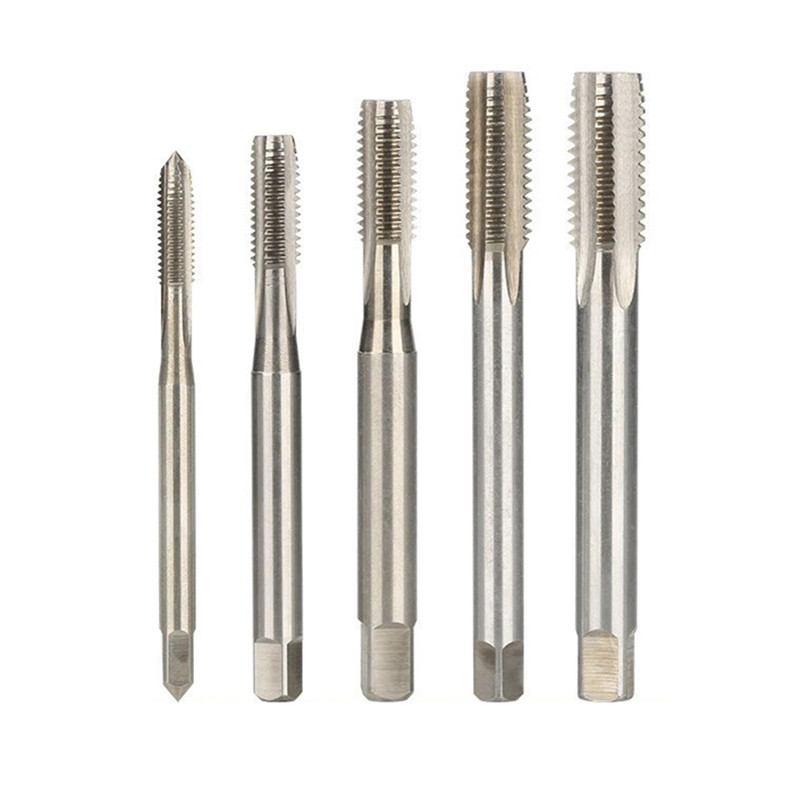 HSS DIN371 Threading Tap With Straight And Spiral Or Spiral Point Flute
HSS DIN371 Threading Tap With Straight And Spiral Or Spiral Point Flute -
 3 Flutes HSS Chamfering Countersink Drill bitl With 60 And 90 Degree
3 Flutes HSS Chamfering Countersink Drill bitl With 60 And 90 Degree -
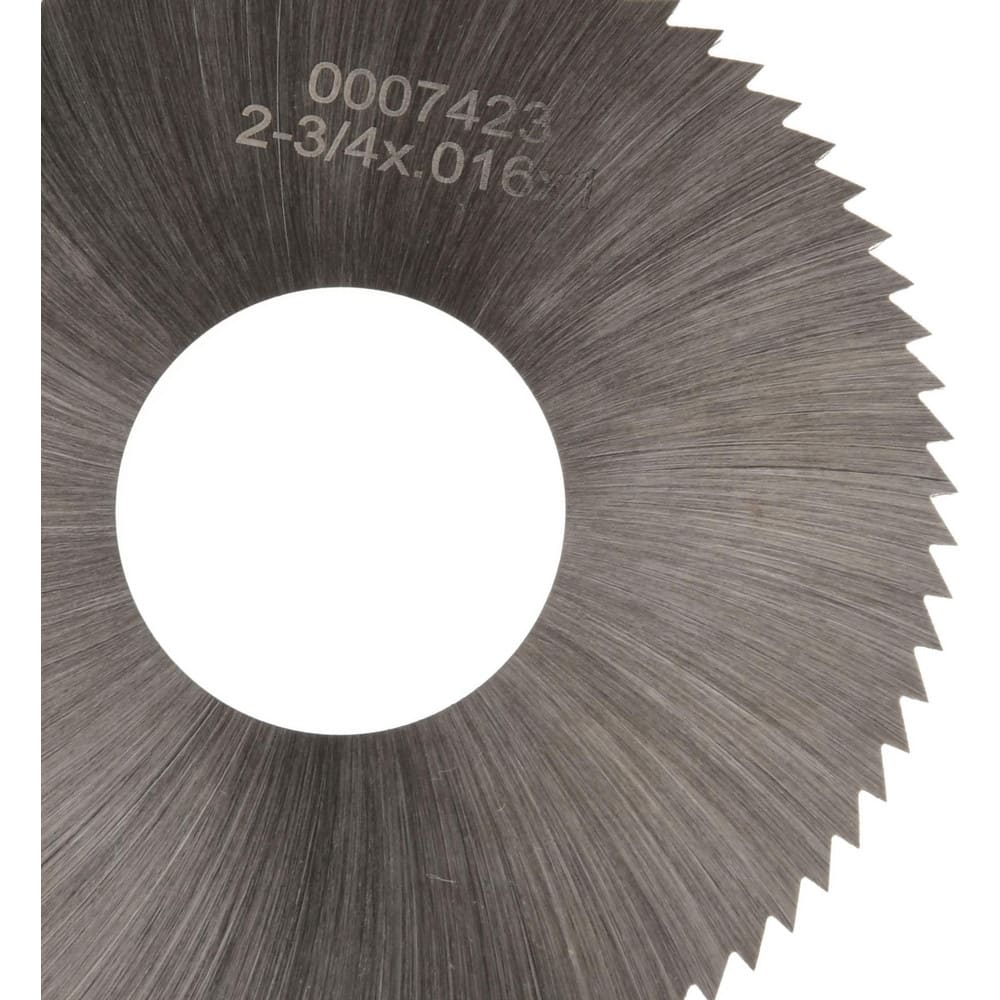 HSS Inch Plain Metal Slitting Saws For Industrial
HSS Inch Plain Metal Slitting Saws For Industrial -
 Type B Cylinder Tungsten Carbide Rotary Burr
Type B Cylinder Tungsten Carbide Rotary Burr

